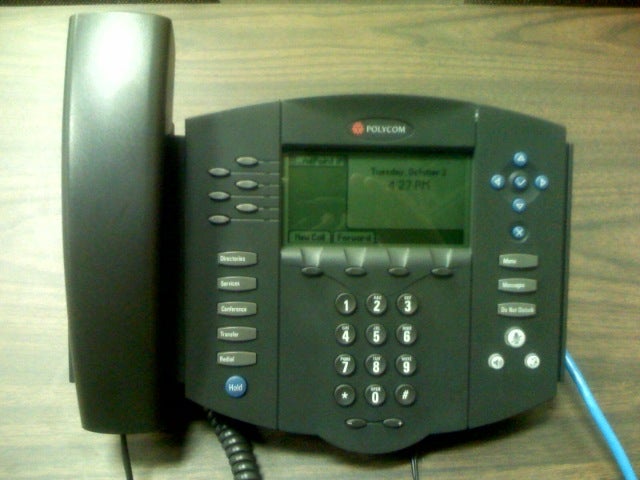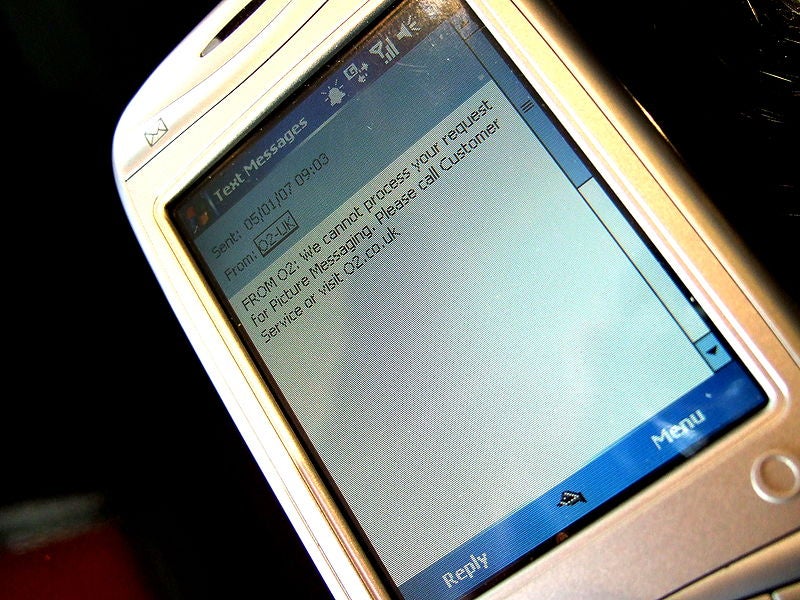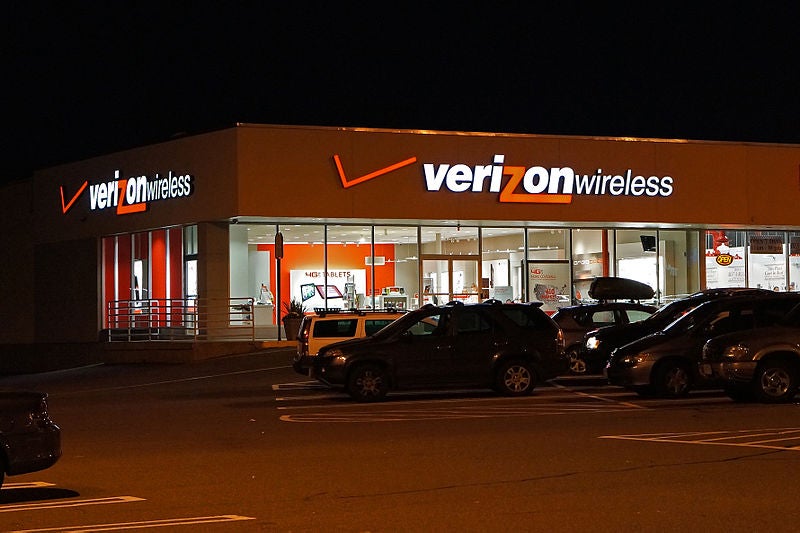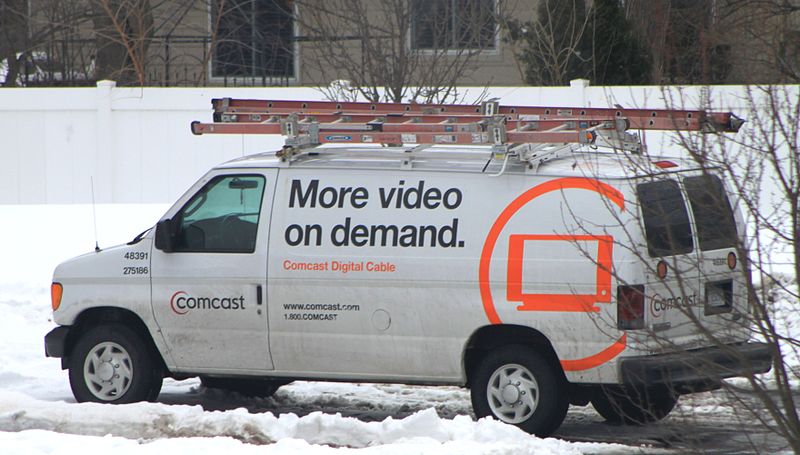The ongoing fight over net neutrality has largely existed in the realm of the hypothetical.
While the principles underlying the whole concept of net neutrality have been in place for over a decade, open internet advocates’ argument that internet service providers (ISPs) must treat all the data going over their networks equally have primarily revolved around what could theoretically happen if ISPs had free reign to do pretty much whatever they wanted.
Let’s bring this debate out of the cloud of speculation and back into the realm of cold, hard facts.
There is ample history of ISPs taking actions that run counter to the spirit of net neutrality. From blocking certain internet applications that challenge their businesses to giving special privileges to their own proprietary content delivery mechanisms, the record of anti-net neutrality behavior from ISPs is anything but a fantasy. Here’s a look back at what happens when companies have their way with the internet.
The worst net neutrality violations in history
1. Madison River Communications blocks Vonage

(Photo by Wesley Fryer/Flickr)
The first major case of a company violating the principles was also likely the most cut-and-dry.
In 2004, Vonage customers who lived in a rural section of North Carolina started reporting something strange. The VoIP service, which effectively turns a broadband connection into an inexpensive phone line, had suddenly stopped functioning. The problem wasn’t limited to a few individuals—every single customer of regional ISP Madison River Communications was facing similar issues. Why? The company had imposed a system-wide block on all VoIP services through a process called port blocking.
In addition to broadband Internet, Madison River also offered landline telephone service, to which VoIP providers like Vonage are a direct competitor. By blocking VoIP from working on its network, Madison River was attempting to prevent the cannibalization of its landline business.
Vonage wasn’t particularly thrilled about having customers who paid for the company’s service being unable to actually use it because a regional ISP was concerned about safeguarding its turf. Vonage, in turn, filed a complaint with the FCC.
After a short investigation, the FCC decreed that Madison River had to pay a $15,000 fine. The Commission also prohibited the company from blocking ports of any kind for three years.
“We saw a problem and acted swiftly to ensure that Internet voice service remains a viable option for consumers,” then-FCC Chairman Michael Powell said in a statement.
While Madison River was the first major case of the FCC going after a company for violating open Internet principles, the precedent it set for future enforcement actions was relatively limited.
“By failing to adequately elaborate criteria for reasonable network management in the ?Open Internet Rules,’ the FCC left the concept wide-open to interpretation by future litigants,” wrote attorney Alexander Reicher in a recent Berkeley Law Journal article. ?This is particularly so given the Madison River and Comcast decisions, which define reasonable network management in only the bluntest way: both cases involved the persistent, non-minimal blocking of internet applications, which could not be justified by a continuing technical necessity. The FCC and the D.C. Circuit, therefore, offer little guidance in analyzing more subtle forms of discrimination, such as the delay discrimination that occurs when an ISP does not block but merely delays a transmission.”
2. Verizon blocks pro-choice text messages

(Photo by James Cridland/Wikimedia Commons)
In 2007, abortion rights group NARAL Pro-Choice America embarked on a fundraising campaign that took advantage of supporters’ ability to send monetary donations to the organization via text message. NARAL got the okay to conduct the campaign from every major cellular provider, save for one.
Verizon denied the request, telling NARAL that the company, ?does not accept issue-oriented (abortion, war, etc.) programs—only basic, general politician-related programs (Mitt Romney, Hillary Clinton, etc.).”
The move, unsurprisingly, sparked an uproar from across the political spectrum. A coalition of nonprofit groups, from Planned Parenthood to the Christian Coalition, banded together to criticize Verizon, charging that the company’s censorship based on political content set a dangerous precedent.
Verizon quickly backpedaled, allowing NARAL to conduct its campaign and called the decision an ?isolated incident.”
“The decision to not allow text messaging on an important, though sensitive, public policy issue was incorrect,” said Verizon spokesperson Jeffrey Nelson in a statement to the New York Times.
Even so, the company still reserved the right to pick and choose what information is sent over its network based on content because cellular carriers aren’t beholden to the same level of content neutral restrictions as telephone and broadband Internet providers.
3. Verizon blocks tethering apps

(Photo by Anthony92931/Wikimedia Commons)
When the FCC opened up a large block of the radio spectrum to Verizon in 2008 for over $9 billion, the deal came with some caveats. Specifically, the telecom giant would be required to play by rules that looked a lot like net neutrality, which included not interfering with any type of software from running on its network. Shortly thereafter, when the FCC discovered that Verizon had pressured Google to remove nearly a dozen programs from its app store that allowed for tethering, regulators pulled off the gloves.
Tethering is a process by which a cellular device is converted into a mobile Wi-Fi hotspot that can be used by other devices, like laptops and some tablets, that are unable to send and receive cellular signals.
Verizon, at the time, technically allowed tethering. But the company required customers who wanted to enable tethering to sign up for its Mobile Broadband Connect service for an additional fee. The FCC noted that, while Verizon argued that the fee was required to compensate for the propensity of its customers who regularly tether to use a large amount of data, even Verizon customers who had signed up for an unlimited data plan were required to enable Mobile Broadband Connect if they wanted to tether.
The company’s effort to block third-party tethering apps apparently arose from fears that such apps could allow users to tether without paying the fee. Google was exempted from any sort of regulatory action from the FCC because the company existed outside of the agency’s jurisdiction to oversee ISPs.
The FCC charged that this attempt to crack down on third-party tethering apps was a violation of Verizon’s promise to abide by the terms of its spectrum acquisition. After a year-long investigation, Verizon agreed to pay a $1.25 million settlement, stop charging users an additional fee for tethering, and permitted the apps to come back into the store.
?The massive innovation and investment fueled by the Internet have been driven by consumer choice in both devices and applications,” said then-FCC Chairman Julius Genachowski in a statement announcing the settlement. ?The steps taken today will not only protect consumer choice, but defend certainty for innovators to continue to deliver new services and apps without fear of being blocked.”
4. AT&T blocks Apple’s FaceTime

(Photo by Robert Scoble/Wikimedia Commons)
In 2012, AT&T blocked Apple’s video chat app FaceTime from running on its mobile network unless customers paid extra for a Mobile Shared Data plan, which mandated they also pay for unlimited voice service and text messages. AT&T’s explanation was that usage of the app on its network was eating up so much bandwidth that the network couldn’t keep up with demand, and restricting the app’s use to people who signed up for that more expensive plan would reduce the strain on its network infrastructure.
This move drew the ire of coalition of open Internet advocacy groups—including Free Press, Public Knowledge, and the New America Foundation—which argued that blocking FaceTime was an attempt by AT&T to effectively prohibit the use of an application that would compete with its own voice services and give its users less reason to pay for more expansive plans.
The groups walked right up to the line of filing a formal complaint with the FCC on the grounds that blocking FaceTime was a violation of the Commission’s net neutrality rules. In a letter addressed to AT&T’s general counsel, lawyers for the group wrote:
We respectfully request that AT&T reconsider its behavior and the impact that blocking FaceTime will have on its customers, particularly the deaf and hard of hearing, as well as all who use this application to communicate with family and friends over the Internet. Making mobile use of the application available only to those customers who pay for unlimited voice and text messages harms individuals and innovation alike.
AT&T was initially defiant, claiming it was doing nothing wrong. But the company eventually backed off and began allowing FaceTime, as well as all other video chat apps, to operate on its network by the conclusion of the following year. As a result, the complaint was never filed and the FCC never took official action.
Even so, the groups that united against AT&T on the issue weren’t entirely satisfied. While AT&T started allowing FaceTime, it still retained the right to decide which applications were allowed to run on its network.
5. Comcast vs. BitTorrent

(Photo by Dwight Burdette/Wikimedia Commons)
It’s not particularly surprising that Comcast would have taken steps to reduce BitTorrent traffic on its network. There’s no doubt that heavy BitTorrent users consume a lot of bandwidth and add to network congestion. Also, when someone illegally downloads a pirated movie on BitTorrent, they don’t have much incentive to open up Comcast’s pay-per-view service and give the company extra money to watch a flick.
That’s why, in the late 2000s, Comcast started blocking its customers from trading files on BitTorrent by intercepting the data transmitted between the downloader and the file’s host and then sending a message to both parties’ computers telling them disconnect from each other. This block didn’t just extend to only pirated content. Legitimate copyright holders who wished to distribute their content through peer-to-peer network were also stymied.
At first, Comcast denied it was doing anything to BitTorrent traffic going over its network. But, as investigations by groups like the Associated Press quickly proved, there was clearly something fishy going on.
The FCC launched an investigation and, in mid-2008, the Commission ruled that Comcast’s policy of crippling BitTorrent was a violation of net neutrality rules—even though the company had voluntarily halted the practice six months prior.
Comcast later challenged the ruling in court. ?Our primary goal was always to clear our name and reputation,” Comcast spokesperson Sena Fitzmaurice explained to the Wall Street Journal.
Two years later, a three-judge panel at the U.S. Court of Appeals unanimously ruled that the FCC has exceeded its authority when it sanctioned Comcast. Matt Wood, policy director at the pro-net neutrality group Free Press, tells the Daily Dot that, despite its eventual court victory, this incident triggered a pivot in the way Comcast dealt with congestion issues. After the getting slapped by the FCC for throttling BitTorrent, Comcast began focusing on other congestion-management techniques like the institution of individual data caps.
6. Comcast’s Xbox data-cap exemption

(Photo by switchstyle/Flickr)
Even though Comcast switched to using data caps as a way to manage congestion on its network, the company still found itself dinged for breaking net neutrality rules.
Starting in 2008, Comcast imposed a 250 gigabyte monthly data cap for all of its users. A few years later, however, the ISP announced a streaming service that could run through Microsoft’s Xbox gaming system. As a way to incentivize its customers to use its own app over third-party alternatives, Comcast said any data streamed through the service wouldn’t count against a user’s data restrictions.
Comcast argued that this move didn’t violate net neutrality rules because the content from its streaming service never actually traveled on the public Internet, which is technically true. In order to facilitate integration between its Xfinity on-demand service and Xbox consoles, Comcast struck a deal with Microsoft to allow all the data from its streaming app to travel exclusively over the telecom giant’s private network.
The result was that Xbox-owning Comcast customers had a strong incentive to use Comcast’s streaming service over ones operated by competitors like Netflix or Amazon because doing so wouldn’t put them in danger of incurring overage charges for exceeding their data caps.
Comcast’s policy drew the ire of consumer groups and the company eventually relented—ditching the concept of data caps altogether—but insisted that it did nothing wrong and reserved the right to exempt its own traffic from counting towards data caps.
Considering that a Comcast executive recently said that data caps will probably become the norm within the next five years, this issue is one that may soon return to the headlines.


